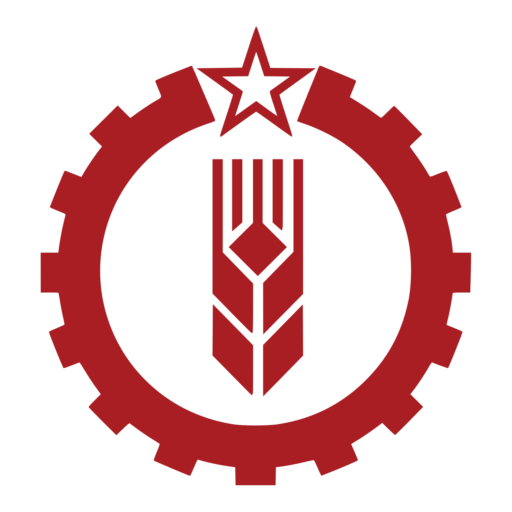An analysis of the theories of Regis Debray as propounded in “Revolution in the Revolution?”, and their relevance to the revolutionary struggle in Latin America. By Cmde MS on behalf of MLOB. FIRST PUBLISHED IN Red Vanguard Volume 1, 1968 THE THEORY OF THE GUERRILLA ELITE Table of Contents INTRODUCTION BOURGEOIS OUTLOOK AND SPONTANEITY CLASS ANALYSIS IN SOUTH AMERICA: THE “THIRD” WAY THE ROLE OF THE INDIVIDUAL – THE MAXIMUM LEADER -FIDELISM THE “FOCO” AS SUBSTITUTE FOR THE PROLETARIAN PARTY PEOPLE’S WAR WITHOUT THE PEOPLE “LEFT” AND RIGHT IN LATIN AMERICA ASSESSMENT OF THE CUBAN REVOLUTION Introduction Regis Debray, a…
Marxist-Leninist Currents: A theoretical journal of the American Party of Labor.










